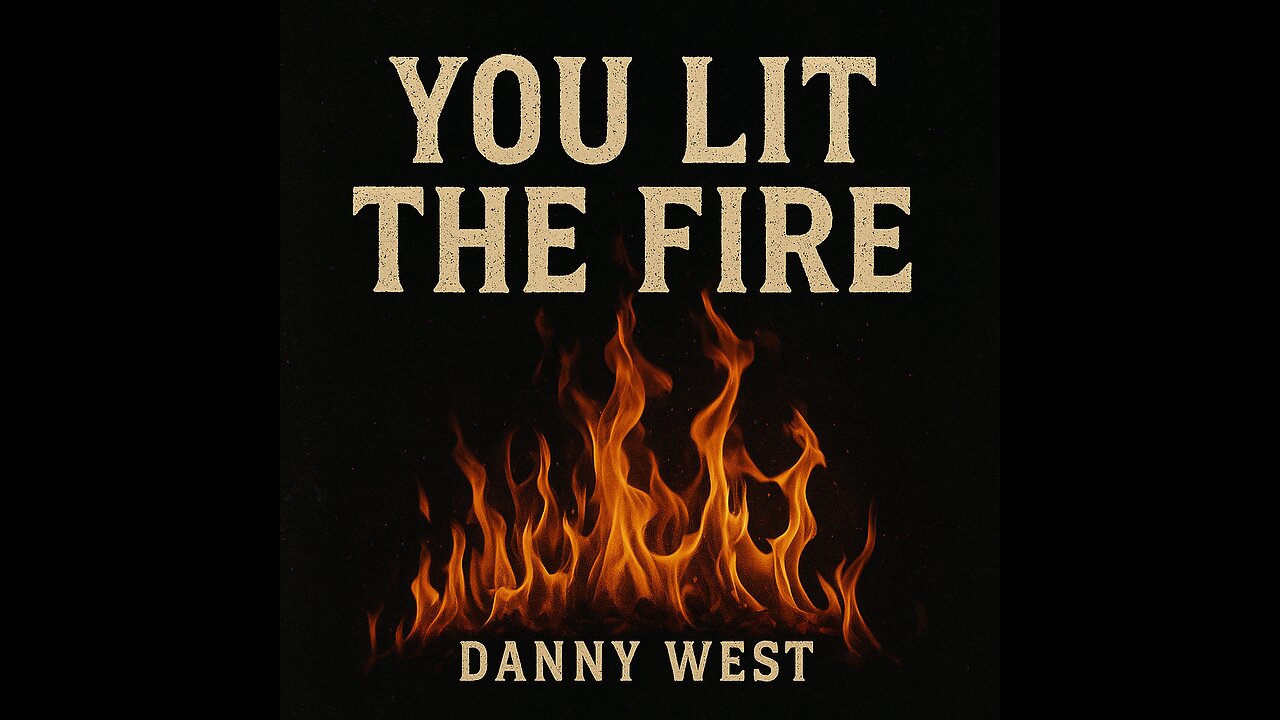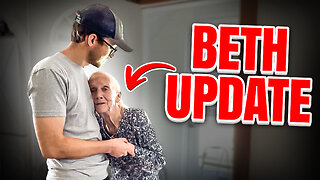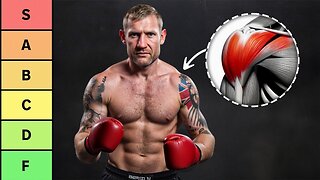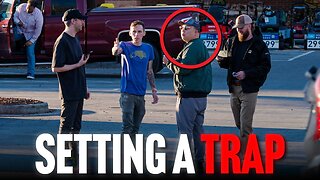Premium Only Content

Why It’s Inadvisable to Provoke Arguments on YouTube While Suffering from PTSD.
A Case Study on Danny West.
In the vast, unfiltered realm of YouTube, where personalities clash and content creation collides with personal trauma, there lies a critical lesson for all: if you are struggling with PTSD or any mental health condition that makes you emotionally vulnerable, instigating or escalating online arguments—especially with complete strangers—is not only unwise, it can be profoundly damaging. The case of Danny West illustrates this with uncomfortable clarity.
Danny West has made it publicly known that he suffers from Post-Traumatic Stress Disorder (PTSD)—a serious and debilitating condition that affects emotional regulation, memory, stress tolerance, and interpersonal communication. PTSD is often characterised by heightened anxiety, emotional reactivity, flashbacks, and a reduced ability to cope with perceived threats or criticism. This makes emotionally charged environments like YouTube particularly hazardous terrain for anyone with the condition.
Despite this, West has repeatedly inserted himself into volatile and combative conversations, often with strangers or internet personalities with whom he has no personal connection. Notably, he has launched scathing verbal attacks on individuals such as Kaley Einav and Matt Taylor—people who, for better or worse, are already entrenched in their own online conflicts. West referred to Kaley as a “vile cunt” who “deserves a slap,” and stated that Taylor “needs a good kicking,” should be “locked up,” and mocked his military service. These are not the words of someone exercising emotional restraint or seeking peace—they are inflammatory statements, fuel poured onto a digital bonfire.
Such behaviour is troubling for multiple reasons. Firstly, the aggressive tone and violent undertones contradict the image of someone genuinely seeking healing from trauma. If PTSD is truly present, it demands self-awareness and caution, especially in high-stress environments. Initiating hostility or inserting oneself into hostile interactions creates a feedback loop of distress, further triggering symptoms rather than resolving them.
Secondly, there's the hypocrisy of claiming emotional fragility while simultaneously inflicting emotional harm. West has publicly complained of being mocked, harassed, and targeted due to his PTSD—yet he has no hesitation in using degrading language and issuing threats toward others. The very dynamics he accuses others of using against him are the same tactics he deploys. This not only undermines his credibility, but also exploits the diagnosis of PTSD as both a weapon and a shield.
Thirdly, from a legal and social standpoint, entering into online battles while suffering from PTSD can backfire spectacularly. The law offers protections to individuals with mental health conditions, but these protections can be eroded if the individual becomes the aggressor. For example, Danny West speaks of emotional harm and hate crime legislation when he feels targeted—but the same framework could easily be applied to his own words. Publicly telling a woman she “deserves a slap” or saying a man “needs a kicking” can be interpreted as incitement to violence, hate speech, or harassment—especially if the targets can show evidence of emotional distress as a result.
More broadly, West’s actions also serve as a cautionary tale about responsibility. PTSD does not absolve a person from accountability. If anything, it requires more responsibility—toward oneself and others. Deliberately provoking arguments with strangers, engaging in cruel name-calling, or accusing others of crimes without evidence is reckless. It also invites retaliation, the kind of retaliation that someone with PTSD may not be emotionally equipped to handle.
To conclude, YouTube is not a therapy room. It is a public stage—often brutal, always unfiltered. If you are suffering from PTSD, your energy is better spent healing in supportive, private environments than locking horns with strangers in comment threads and live streams. Danny West may see himself as a victim of online abuse—and perhaps in some situations, he is. But by becoming a vocal aggressor himself, he not only undermines his claims but risks worsening his own mental health.
The lesson is simple: if you are vulnerable, protect your peace. Don’t light fires you can’t put out. And if you truly want compassion from others, start by showing it yourself.
-
 15:10
15:10
SB Mowing
1 month agoShe had TEARS OF JOY on her face - An update on Beth
18.6K31 -
 LIVE
LIVE
Lofi Girl
3 years agolofi hip hop radio 📚 - beats to relax/study to
213 watching -
 2:15:26
2:15:26
Nikko Ortiz
2 hours agoLIVE - Trying Rumble Studio!
169K6 -
 9:30
9:30
Sugar Spun Run
6 hours ago $0.86 earnedBlack and White Cookies
83.6K1 -
 2:45
2:45
SLS - Street League Skateboarding
4 days agoManny Santiago's 'THIS IS 40' Part
47.3K2 -
 6:40
6:40
Homesteading Family
5 days agoNever Make Pie Crust From Scratch Again (Do THIS Instead)
39K5 -
 44:20
44:20
Melissa K Norris
3 days ago $0.72 earnedThe Most Overlooked Way to Preserve Food for Months (No Freezer Needed) w/ Sam Knapp
28.2K1 -
 23:00
23:00
Tony Jeffries
6 days agoThe Best & Worst Boxing Training Methods (Ranked by Olympic Boxer)
20.4K -
 44:44
44:44
Scammer Payback
17 days agoCrazy Confrontation with Hacked Scammer Group
44.2K20 -
 1:15:13
1:15:13
Steven Crowder
4 hours agoIt Isn't Both Sides: They Crossed The Rubicon When They Killed Charlie
430K376